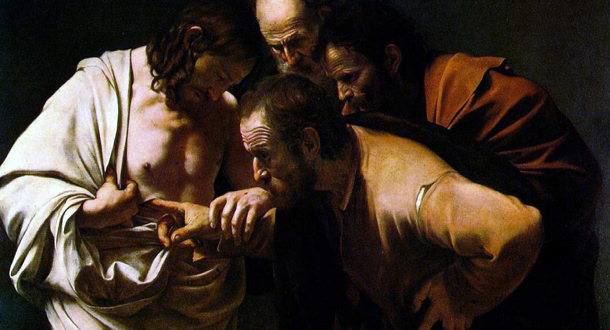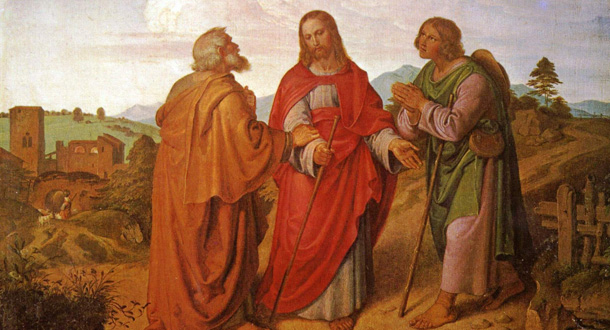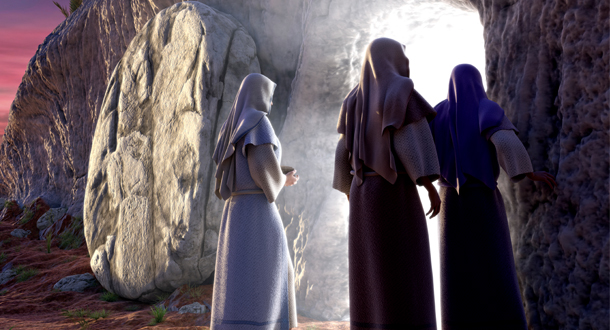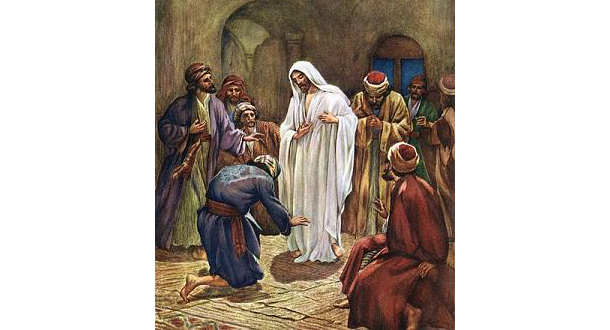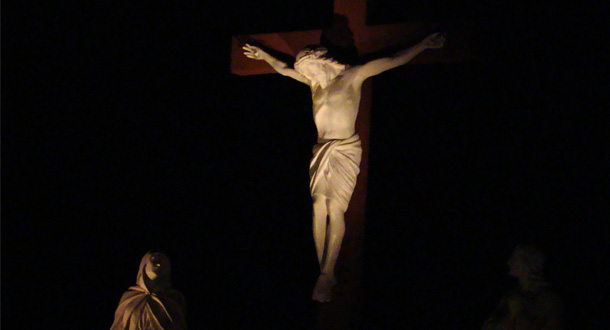1 John 1:5-2:2
Matthew 11:25-30
Reflection:
“Start being brave about everything. Drive out darkness and spread light.
Don’t look at your weaknesses. Realize instead that in Christ crucified you
can do everything.” – Saint Catherine of Siena
Today the Church celebrates the feast day of one of the few women Doctors of the Church, Catherine of Siena. Her influence on Pope Gregory XI to return to Rome from Avignon, France was Divine intervention only because she listened to God with deep love and was open to the Holy Spirit.
The above quote from Saint Catherine of Siena goes so well with the readings for today. It is also relevant for our present situation in our country and world. It challenges us to be the one who “drives our darkness and spread light”. It challenges us to be the ones who bring light to those around us. A smile, a small act of kindness or a gentle word. As humans we tend to look at our shortcomings when God has actually given us many gifts and talents. When we focus on these we become so much stronger.
How will I bring the Light of Christ to others today?
In the first reading the author of the Letter of John speaks of God being light and if we are walking in the light then we have all that we need. If we walk in darkness then we walk in sin and lies. The author reminds us that our sins are forgiven through Jesus’ offering of his own Blood. During this time of Easter it is easier to choose the light and bask in the Resurrection of Christ knowing that we have eternal life. The challenge is when the joy of Easter begins to fade and we return to old habits or move back into our comfort zone. Easter is about new life and living in that life. Just as a butterfly cannot return to the cocoon so we must not return to old habits that we worked to change over Lent.
How am I celebrating my new life in the Resurrected Christ?
Linda Schork is a theology teacher at Saint Xavier High School in Louisville, Kentucky.


